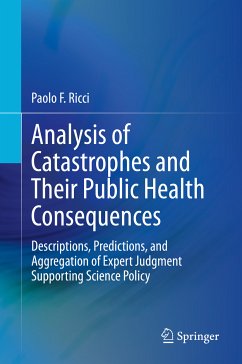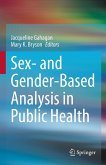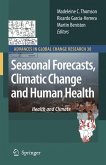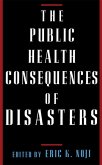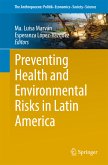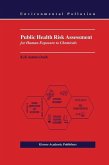The author aggregates and fuses scientific information and knowledge in public health policy-science using alternative but complementary methods. The book first focuses on the analysis of catastrophes and commonplace events; the focus then shifts to causal models of multifactorial diseases, particularly at low doses or dose-rates, associated with these events. Topics explored among the chapters include:
- Policy and Legal Aspects of Precautionary Choices
- Catastrophes, Disasters, and Calamities: Concepts for Their Assessment
- Uncertainty: Probabilistic and Statistical Aspects
- Aggregating Judgments to Inform Precautionary Decision-making
The aim of the book is to show that the analyses of events are fundamentally similar, regardless of whether the concern is a global catastrophe or commonplace.
Analysis of Catastrophes and Their Public Health Consequences is a text that should engage students, instructors, and researchers in public health, science policy, and preparedness research, as well as serve as a useful resource for policy analysts, practitioners, and risk managers.
Dieser Download kann aus rechtlichen Gründen nur mit Rechnungsadresse in A, B, BG, CY, CZ, D, DK, EW, E, FIN, F, GR, HR, H, IRL, I, LT, L, LR, M, NL, PL, P, R, S, SLO, SK ausgeliefert werden.

